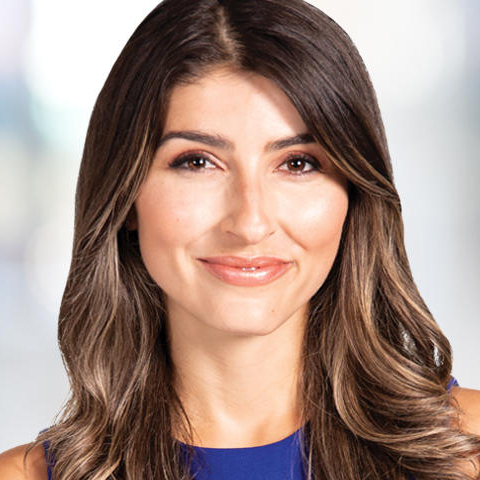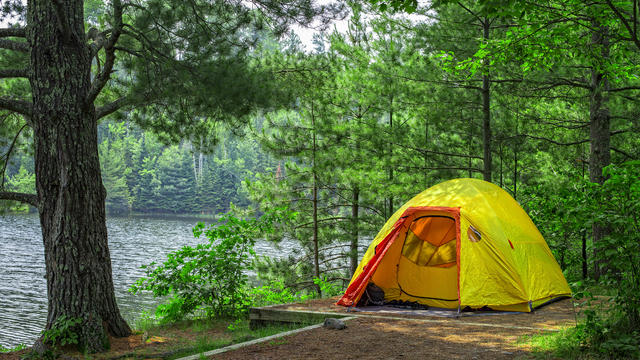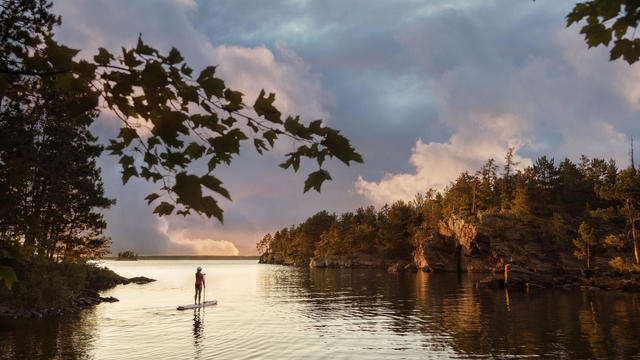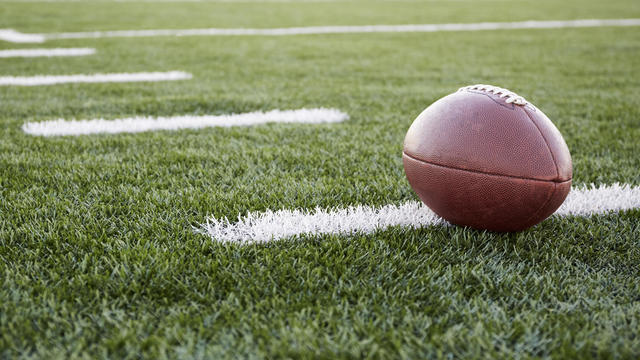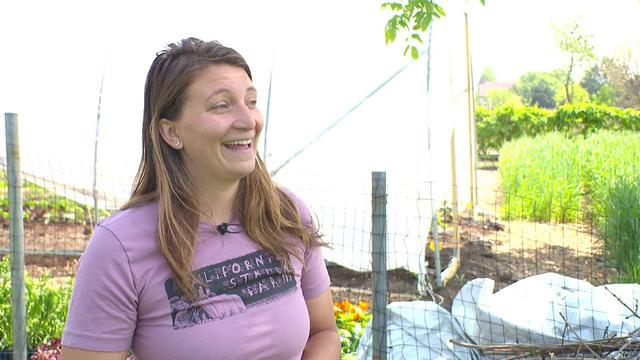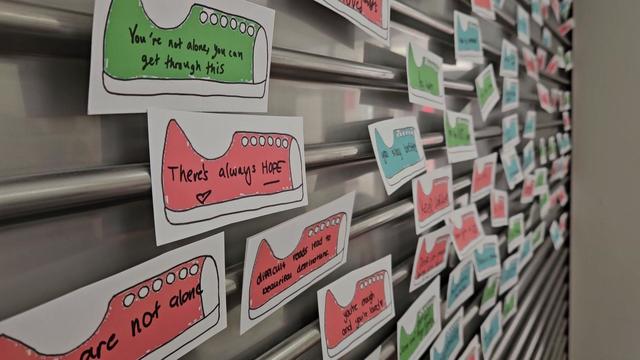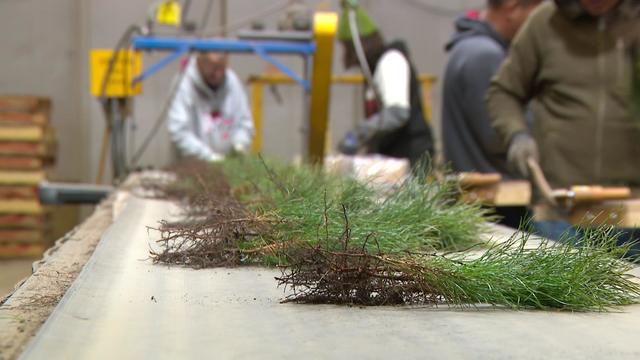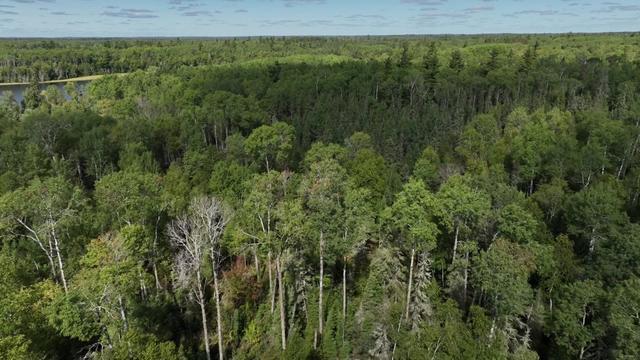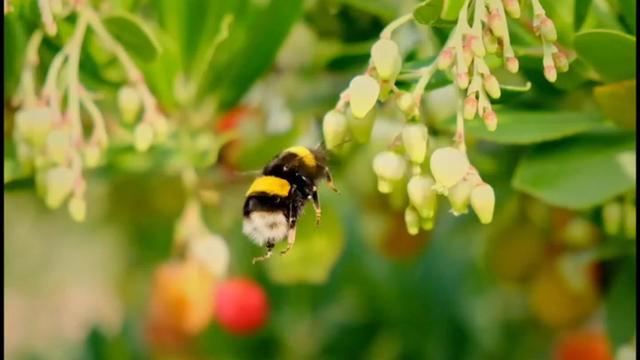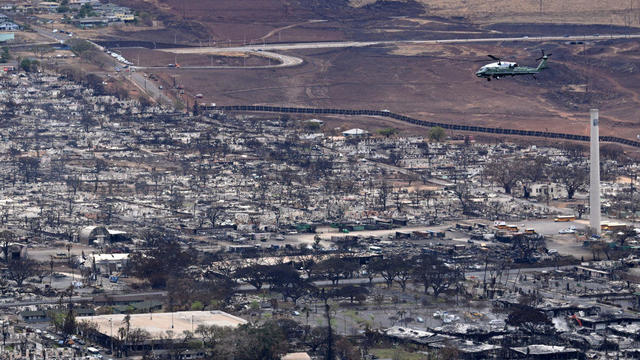Erin Hassanzadeh is a co-host of "The 4" on WCCO, the station's newest newscast that is smart with heart. The show melds in-studio guests, field reports and reporter debriefs. Erin is a two-time Emmy Award-winning reporter and is passionate about experiential storytelling and taking viewers on an adventure - be it inside a bear den, at the bottom of a lake, or in an underground storm drain tunnel. She cares deeply about reporting on climate change and the environment.
Before jumping into reporting, Erin spent two years in Seoul, South Korea on a Fulbright grant. During her time there, she lived with a host family, worked with North Korean defectors, fell in love with kimchi and traveled extensively throughout Asia. Some of her stops included Japan, Cambodia, Thailand and New Zealand. Korean food is still one of Erin's passions. The spicier, the better. She has also lived in Italy and loves hiking, exploring new places and learning from new people.
Erin previously worked at KCCI and KETV and is a proud graduate of Jefferson High School in Bloomington and Drake University. Her favorite part of working at WCCO is the way reporters and photojournalists support each other to be better humans and storytellers.
Erin loves keeping up with international headlines but she's just as passionate about covering local stories that are happening down the street. If you have an idea, email her! Be sure to connect with her on social media as well.

